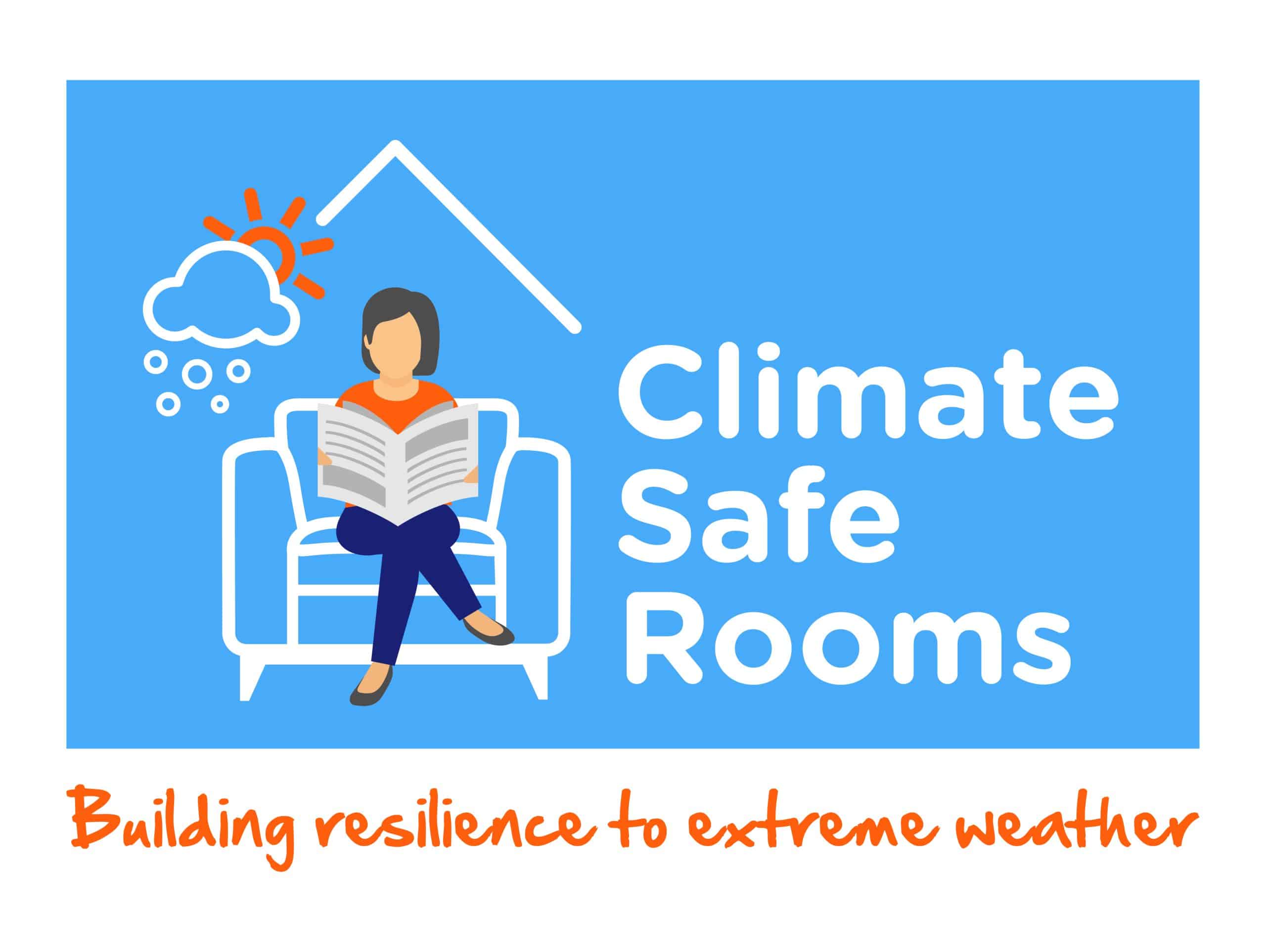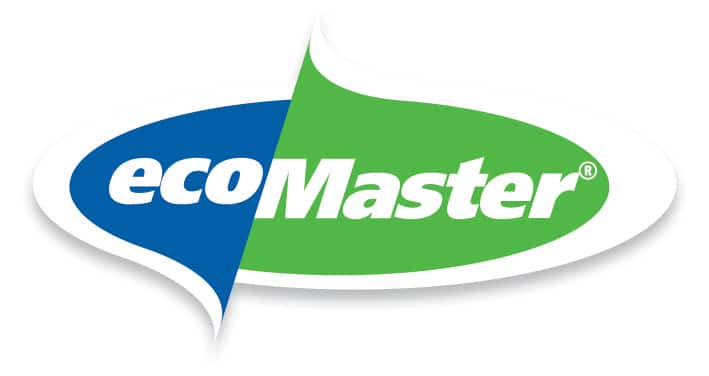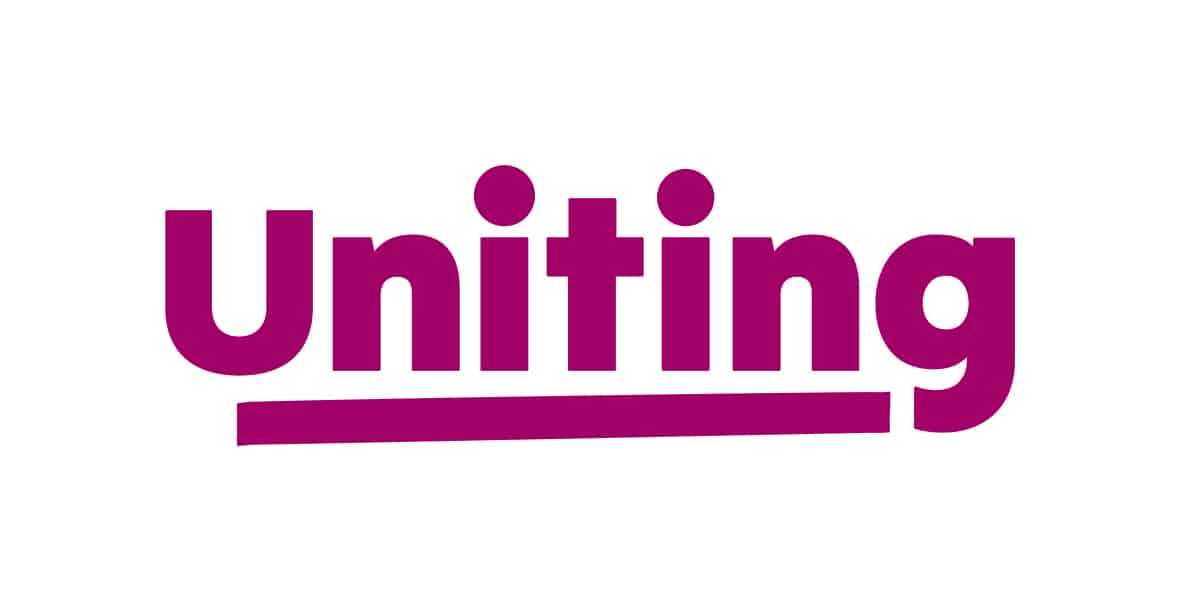
Project
Climate Safe Rooms Pilot Program
Protecting those who are most vulnerable to climate extremes.
The Climate Safe Rooms pilot program offered free home energy upgrades for low-income households where at least one resident received home care support services for an existing chronic health condition that puts them at risk from heatwaves and extreme cold.
Following the success of the pilot program, Geelong Sustainability has now launched the full-scale program.
You can find out more here.
The Climate Safe Rooms pilot program, funded by the Victorian Government, aimed to retrofit one room in vulnerable households to remain comfortable during both summer and winter extremes. As a result of upgrades, Participants reported increased comfort and health, and reduced depression and anxiety.
The project led to substantial energy savings, lowered gas consumption, and reduced exposure to unhealthy temperatures. The initiative's success and cost-effectiveness present a replicable model for similar projects in Victoria. Geelong Sustainability seeks further support to expand this project to help more vulnerable households and to promote energy efficiency and energy equality.
Climate retrofitting project a refuge in low-income households during heatwaves and extreme cold.
Project Overview
The Climate Safe Rooms project focused on creating a safe haven in the homes of up to 16 people most at risk of serious illness or death from climate extremes.
An energy efficient room that remains comfortable in both summer and winter extremes, fully insulated and draft proofed with high efficiency air-conditioning and small solar systems to offset running costs.
The project had six main outcomes.
- Deliver individually designed Climate Safe Rooms up to 16 satisfied vulnerable residents who matched the selection criteria.
- Test and prove a corporate social responsibility (CSR) model through the delivery of a range of building types and cost of a single room vs whole home.
- Measure thermal efficiency performance, energy usage and affordability, health, and thermal comfort.
- Gather research into how improving home energy efficiency can benefit household energy use, thermal comfort and the health and wellbeing of the Geelong community.
- Distribute and publish research findings widely to assist with awareness and developmental growth. Additionally, contribute to the CSIRO research areas linking activities of daily living to environment and thermal comfort.
- Determine pathways to expand on the project at scale.
What was Done
The Climate Safe Rooms project provided home energy efficiency and thermal comfort upgrades at no cost to participants. Approximately $8,000 of upgrades were provided per participating household.
Upgrades to the home included some or all of the following:
- Ceiling and/or underfloor insulation
- Draught sealing of doors, windows, wall vents, air gaps, and exhaust fans
- Secondary glazing, window furnishings and/or external blinds
- Efficient light replacement
- Efficient split system air-conditioner for heating and cooling
- Solar PV system
The project also measured the health and energy bill savings that result from making the home more comfortable during summer heatwaves and cold winter weather. We monitored the outcomes 18 months using a variety of energy usage, thermal comfort, health and wellbeing data.
Who ran the Climate Safe Rooms program?
What we achieved
The outcomes of the Climate Safe Rooms program have been remarkable. Nearly 80% of the participants strongly agreed that they felt more comfortable in their houses and would recommend this program to others. People also felt happier and healthier and visited doctors less often.
Electricity bills were reduced by up to 45% in summer. Homeowners, also, further benefited from an annual cost reduction of $170 on electricity bills through solar export. Those households that transitioned from gas heaters to air conditioning experienced an average reduction of 40% in gas consumption.
Furthermore, on top of energy, cost, and substantial health savings, a collective reduction of around 60 Tonnes of greenhouse emissions per year has been achieved across participating houses.
In summary, Geelong Sustainability presents an economically viable solution that creates comfortable environments for participants and delivers remarkable health enhancements, impressive energy and cost savings, and actively contributing to greenhouse gas reduction. The next step will be working with key stakeholders and partners to assess the possibility of a longer-term and larger-scale version of the project.
Following the success of the pilot program, Geelong Sustainability has now launched the full-scale program.
You can find out more here.





